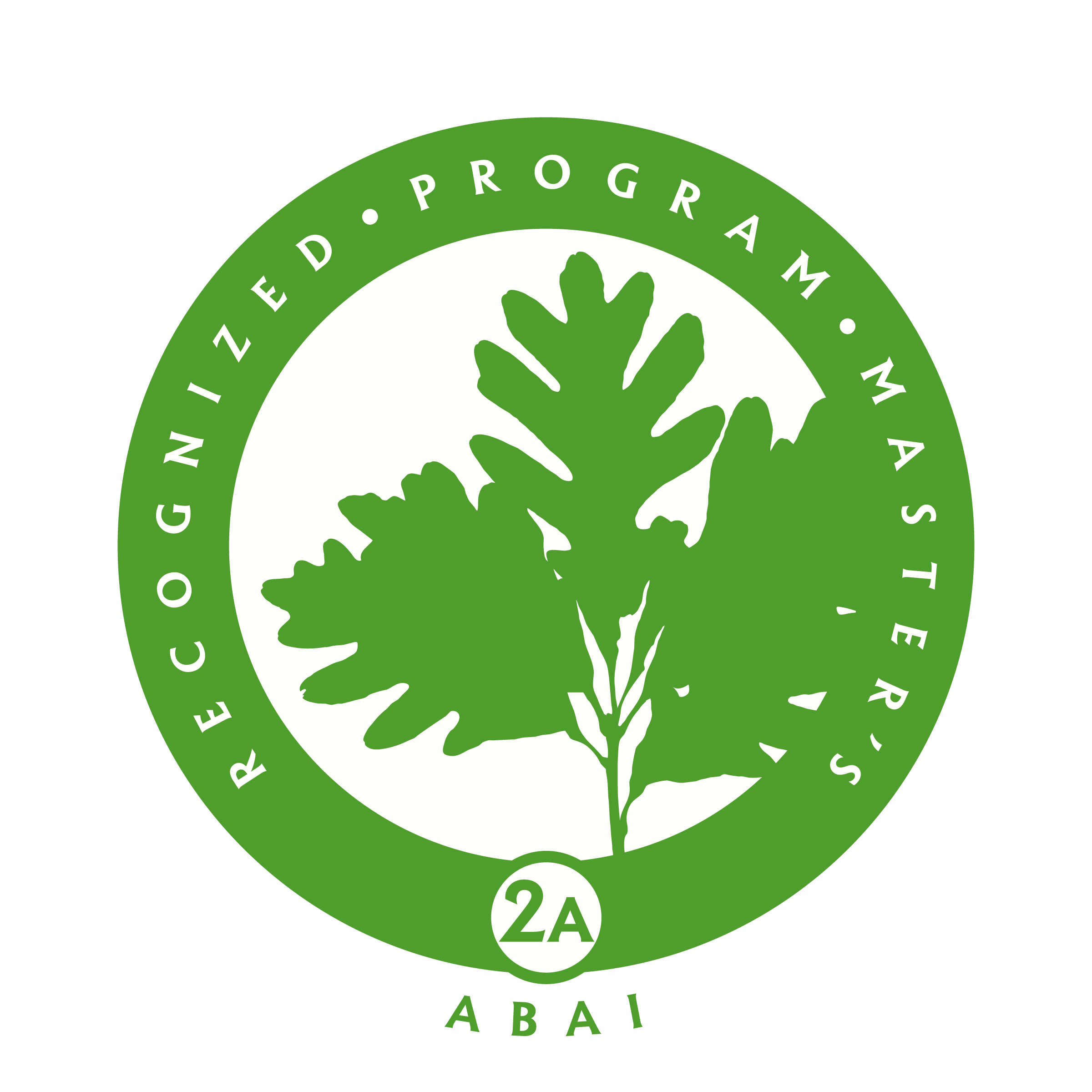Why Applied Behavior Analysis (ABA)?
Applied Behavior Analysis is not just a field of study. It's a game-changer. Experts in research and health services consider it the only health and educational intervention with a high degree of research evidence of effectiveness in producing behavior change. If you're passionate about making a difference in people's lives, this is the field for you.
Why Join the Applied Behavior Analysis Program at SUNY Downstate?
Behavior Analysis is the scientific study of principles of learning and behavior. Two primary areas of study include the experimental analysis of behavior and applied behavior analysis (ABA). The experimental analysis of behavior is the basic science of the discipline and has, over many decades, accumulated a substantial and well-respected body of research literature on how behavior is learned and changes over time. The experimental analysis of behavior is the scientific foundation of ABA. ABA is a systematic approach for influencing socially important behavior by identifying reliably related environmental variables and producing behavior change techniques that use those findings. Practitioners of behavior analysis provide services consistent with the dimensions of ABA. Common services may include but are not limited to conducting behavioral assessments, analyzing data, writing and revising behavior-analytic treatment plans, training others to implement components of treatment plans, and overseeing the implementation of treatment plans. Behavior analysts are qualified to provide services to clients with a variety of needs, including improvements in organizational functioning (e.g., staff performance, management, and pay structure interventions), skill deficits (e.g., communication, adaptive behavior), and problem behavior (e.g., aggression, self-injurious behavior), among others.
What You Will Learn
SUNY Downstate offers two academic pathways in applied behavior analysis, each designed to prepare students for professional practice while meeting coursework requirements toward the BCBA® credential and NYS licensure as a Licensed Behavior Analyst.*
Master of Science in Applied Behavior Analysis (42 credits, ABAI-Recognized)
This graduate program is designed for students who hold a  bachelor’s degree and are seeking advanced graduate-level training in behavior analysis.
The MS provides the full academic foundation to practice in a variety of settings
and with individuals across the lifespan. The curriculum offers in-depth exposure
to the theory and concepts of behavior change, strategies for measuring and interpreting
behavior, and applications of behavior analysis to support individuals with autism
spectrum disorder and other needs. Our program meets the behavior-analytic coursework
requirements for those pursuing the BCBA® pathway 1 eligibility route. The program
also includes a portion of the supervised fieldwork required for BCBA® eligibility.
bachelor’s degree and are seeking advanced graduate-level training in behavior analysis.
The MS provides the full academic foundation to practice in a variety of settings
and with individuals across the lifespan. The curriculum offers in-depth exposure
to the theory and concepts of behavior change, strategies for measuring and interpreting
behavior, and applications of behavior analysis to support individuals with autism
spectrum disorder and other needs. Our program meets the behavior-analytic coursework
requirements for those pursuing the BCBA® pathway 1 eligibility route. The program
also includes a portion of the supervised fieldwork required for BCBA® eligibility.
Advanced Certificate in Applied Behavior Analysis (Limited-Time Program, 21 credits)
The Advanced Certificate is designed for students who already hold a master’s degree or higher in a related field (e.g., psychology, education, social work) and wish to complete the ABA coursework requirements for BCBA® certification and NYS licensure. Our program meets the behavior-analytic coursework requirements for those pursuing the BCBA® pathway 2 eligibility route. This certificate program will be offered for a limited period, with enrollment available through the 2029–2030 academic year, to meet current workforce needs.
*Eligibility for certification/licensure requires meeting all coursework, supervised fieldwork, and examination requirements as specified by the BACB® and New York State.